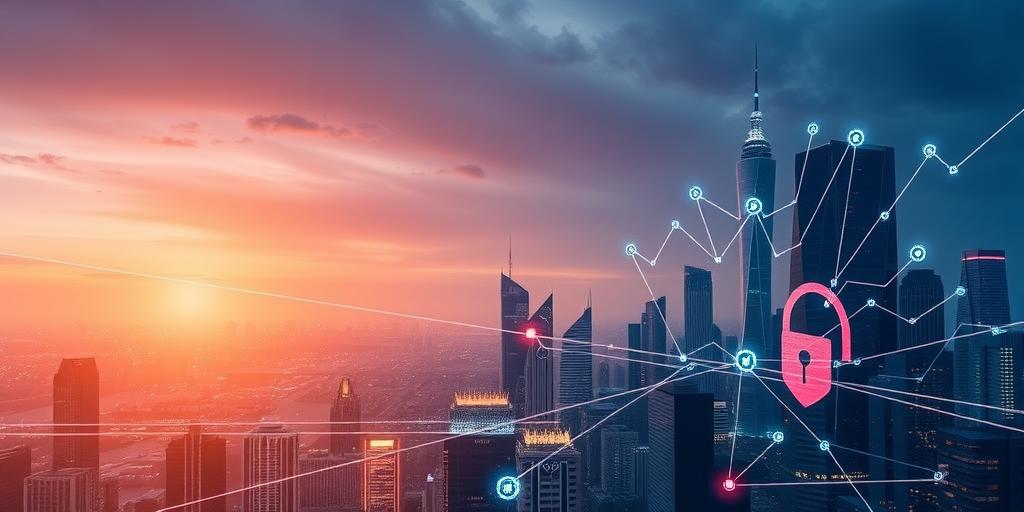Hey everyone! Let's talk about something super important, but maybe a little dry: cybersecurity compliance for American businesses in 2025. I know, I know, it doesn't exactly scream 'fun Friday night,' but let's be real, it's crucial. So grab your coffee (or wine, no judgment!), and let's dive in.
First things first, what's changed? Well, a whole lot, actually. Remember all those little updates and patches we used to ignore? Yeah, those are WAY more important now. Think of it like this: if you ignored your car's check engine light for long enough, eventually, the whole thing would sputter and die. Same deal with cybersecurity. Ignoring updates leaves you vulnerable.
One of the BIGGEST shifts is the focus on data privacy. We're talking GDPR-level stuff, but nationwide. Think about all the personal info your business handles – customer data, employee records, financial details. Protecting that data isn't just a good idea; it's the law, and the penalties for not complying are brutal. We're talking hefty fines, lawsuits, and reputational damage – the kind that can sink a business faster than you can say 'phishing scam'.
Another thing to keep in mind is the rise of AI and automation in cybersecurity. This is a double-edged sword. On one hand, AI can help you detect and respond to threats much faster than humans ever could. On the other hand, new AI-powered attacks are emerging, making things way more complex. It's a constant arms race, you know?
So, what can you do? Well, first, get educated. Seriously, spend some time researching the latest compliance standards and regulations. There are tons of resources out there – government websites, industry associations, cybersecurity experts. You don't need to become a cybersecurity ninja, but you do need to understand the basics. Think of it as getting a basic first-aid certification – you might not be a doctor, but you know how to handle a minor emergency.
Second, invest in good cybersecurity software and services. This isn't the time to be cheap. A robust security system is your first line of defense. Think firewalls, intrusion detection systems, endpoint protection, the whole shebang. And don't forget about employee training! Your staff is your weakest link, so make sure they know how to spot phishing emails, avoid malware, and practice good password hygiene.
Finally, stay updated. The cybersecurity landscape is constantly changing. What works today might be obsolete tomorrow. Make sure you're regularly reviewing your security protocols and adapting to the latest threats. It's a never-ending process, but it's essential for staying ahead of the curve.
Have you tried any new cybersecurity strategies lately? Would love to hear your take!









